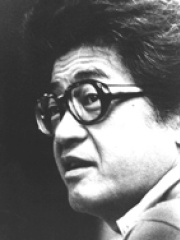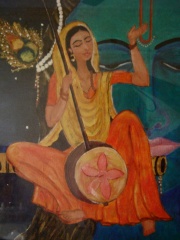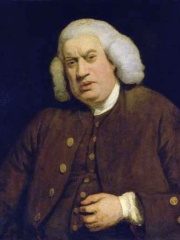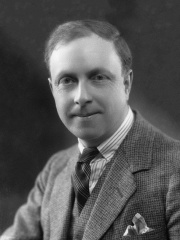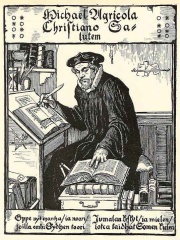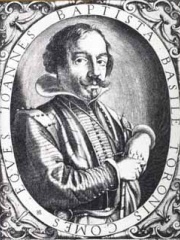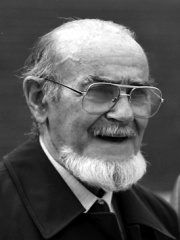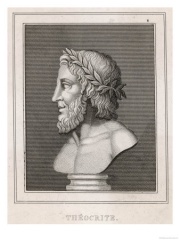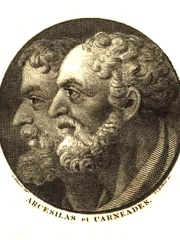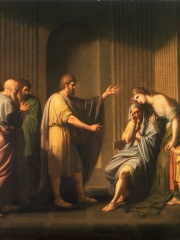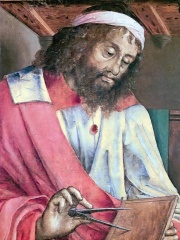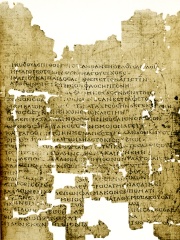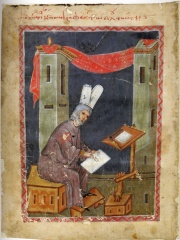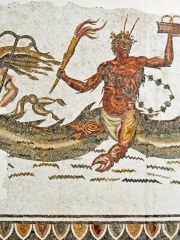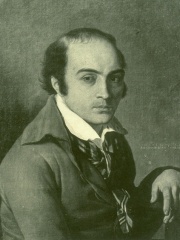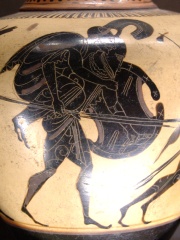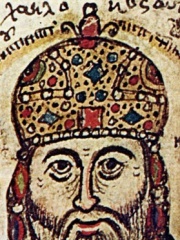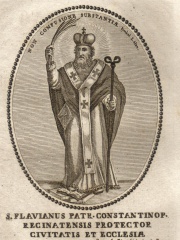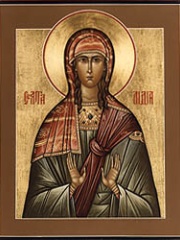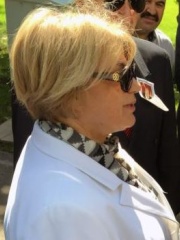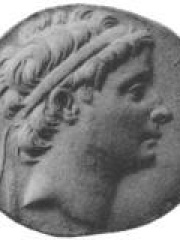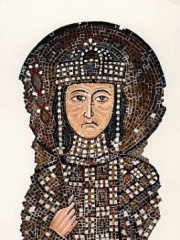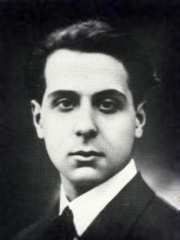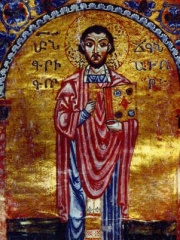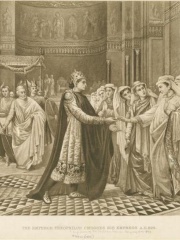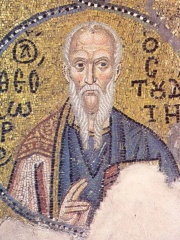Writer
Aratus
315 BC - 240 BC
EN.WIKIPEDIA PAGE VIEWS (PV)
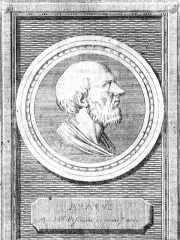
 Aratus
Aratus
Aratus (; Ancient Greek: Ἄρατος ὁ Σολεύς; c. 315/310 – 240 BC) was a Greek didactic poet. His major extant work is his hexameter poem Phenomena (Ancient Greek: Φαινόμενα, Phainómena, "Appearances"; Latin: Phaenomena), the first half of which is a verse setting of a lost work of the same name by Eudoxus of Cnidus. It describes the constellations and other celestial phenomena. Read more on Wikipedia
His biography is available in 37 different languages on Wikipedia (up from 35 in 2024). Aratus is the 636th most popular writer (up from 661st in 2024), the 276th most popular biography from Türkiye and the 14th most popular Turkish Writer.
Aratus of Soli was a Greek poet who wrote the first systematic account of the constellations.
Memorability Metrics
Page views of Aratus by language
Among Writers
Among writers, Aratus ranks 635 out of 7,302. Before him are Gabriele Amorth, Kōbō Abe, Meera, Samuel Johnson, and Samuel Taylor Coleridge. After him are A. J. Cronin, Allen Ginsberg, Hermann Broch, Mikael Agricola, Hellanicus of Lesbos, Giambattista Basile, and Tibor Sekelj.
Most Popular Writers in Wikipedia
Go to all RankingsGabriele Amorth
1925 - 2016
HPI: 71.25
Rank: 630
Kōbō Abe
1924 - 1993
HPI: 71.21
Rank: 631
Meera
1498 - 1546
HPI: 71.21
Rank: 632
Samuel Johnson
1709 - 1784
HPI: 71.21
Rank: 633
Samuel Taylor Coleridge
1772 - 1834
HPI: 71.21
Rank: 634
Aratus
315 BC - 240 BC
HPI: 71.21
Rank: 635
A. J. Cronin
1896 - 1981
HPI: 71.20
Rank: 636
Allen Ginsberg
1926 - 1997
HPI: 71.18
Rank: 637
Hermann Broch
1886 - 1951
HPI: 71.16
Rank: 638
Mikael Agricola
1510 - 1557
HPI: 71.16
Rank: 639
Hellanicus of Lesbos
490 BC - 405 BC
HPI: 71.15
Rank: 640
Giambattista Basile
1566 - 1632
HPI: 71.14
Rank: 641
Tibor Sekelj
1912 - 1988
HPI: 71.14
Rank: 642
Contemporaries
Among people born in 315 BC, Aratus ranks 3. Before him are Theocritus, and Arcesilaus. After him is Leonidas II. Among people deceased in 240 BC, Aratus ranks 4. Before him are Euclid, Callimachus, and Arcesilaus. After him are Zou Yan, and Posidippus.
Others Born in 315 BC
Go to all RankingsTheocritus
WRITER
315 BC - 260 BC
HPI: 74.44
Rank: 1
Arcesilaus
PHILOSOPHER
315 BC - 240 BC
HPI: 72.20
Rank: 2
Aratus
WRITER
315 BC - 240 BC
HPI: 71.21
Rank: 3
Leonidas II
POLITICIAN
315 BC - 235 BC
HPI: 68.66
Rank: 4
Others Deceased in 240 BC
Go to all RankingsEuclid
MATHEMATICIAN
350 BC - 240 BC
HPI: 90.02
Rank: 1
Callimachus
WRITER
310 BC - 240 BC
HPI: 75.19
Rank: 2
Arcesilaus
PHILOSOPHER
315 BC - 240 BC
HPI: 72.20
Rank: 3
Aratus
WRITER
315 BC - 240 BC
HPI: 71.21
Rank: 4
Zou Yan
PHILOSOPHER
305 BC - 240 BC
HPI: 64.16
Rank: 5
Posidippus
WRITER
310 BC - 240 BC
HPI: 62.22
Rank: 6
In Türkiye
Among people born in Türkiye, Aratus ranks 276 out of NaN. Before him are Niketas Choniates (1155), Phorcys (null), André Chénier (1762), Anchises (null), Dardanus (null), and Priscus (410). After him are Michael IX Palaiologos (1277), Flavian of Constantinople (380), Lydia of Thyatira (100), Tansu Çiller (1946), Ctesias (-440), and Seleucus II Callinicus (-265).
Others born in Türkiye
Go to all RankingsNiketas Choniates
HISTORIAN
1155 - 1217
HPI: 71.45
Rank: 270
Phorcys
POLITICIAN
HPI: 71.45
Rank: 271
André Chénier
WRITER
1762 - 1794
HPI: 71.30
Rank: 272
Anchises
POLITICIAN
HPI: 71.30
Rank: 273
Dardanus
POLITICIAN
HPI: 71.28
Rank: 274
Priscus
PHILOSOPHER
410 - 471
HPI: 71.23
Rank: 275
Aratus
WRITER
315 BC - 240 BC
HPI: 71.21
Rank: 276
Michael IX Palaiologos
POLITICIAN
1277 - 1320
HPI: 71.14
Rank: 277
Flavian of Constantinople
RELIGIOUS FIGURE
380 - 449
HPI: 71.12
Rank: 278
Lydia of Thyatira
RELIGIOUS FIGURE
100 - 100
HPI: 71.10
Rank: 279
Tansu Çiller
ECONOMIST
1946 - Present
HPI: 71.07
Rank: 280
Ctesias
PHYSICIAN
440 BC - 400 BC
HPI: 71.06
Rank: 281
Seleucus II Callinicus
POLITICIAN
265 BC - 225 BC
HPI: 71.03
Rank: 282
Among Writers In Türkiye
Among writers born in Türkiye, Aratus ranks 14. Before him are Anna Komnene (1083), Giorgos Seferis (1900), Zosimus (460), Novatian (220), Yunus Emre (1240), and André Chénier (1762). After him are Gregory of Narek (951), Kassia (810), Theodore the Studite (759), Ibn Hawqal (943), Dio Chrysostom (40), and Bar Hebraeus (1226).
Anna Komnene
1083 - 1153
HPI: 76.22
Rank: 8
Giorgos Seferis
1900 - 1971
HPI: 74.75
Rank: 9
Zosimus
460 - 520
HPI: 74.67
Rank: 10
Novatian
220 - 258
HPI: 72.46
Rank: 11
Yunus Emre
1240 - 1321
HPI: 72.13
Rank: 12
André Chénier
1762 - 1794
HPI: 71.30
Rank: 13
Aratus
315 BC - 240 BC
HPI: 71.21
Rank: 14
Gregory of Narek
951 - 1003
HPI: 70.76
Rank: 15
Kassia
810 - 865
HPI: 70.48
Rank: 16
Theodore the Studite
759 - 826
HPI: 70.35
Rank: 17
Ibn Hawqal
943 - 988
HPI: 70.03
Rank: 18
Dio Chrysostom
40 - 120
HPI: 70.02
Rank: 19
Bar Hebraeus
1226 - 1286
HPI: 69.57
Rank: 20

